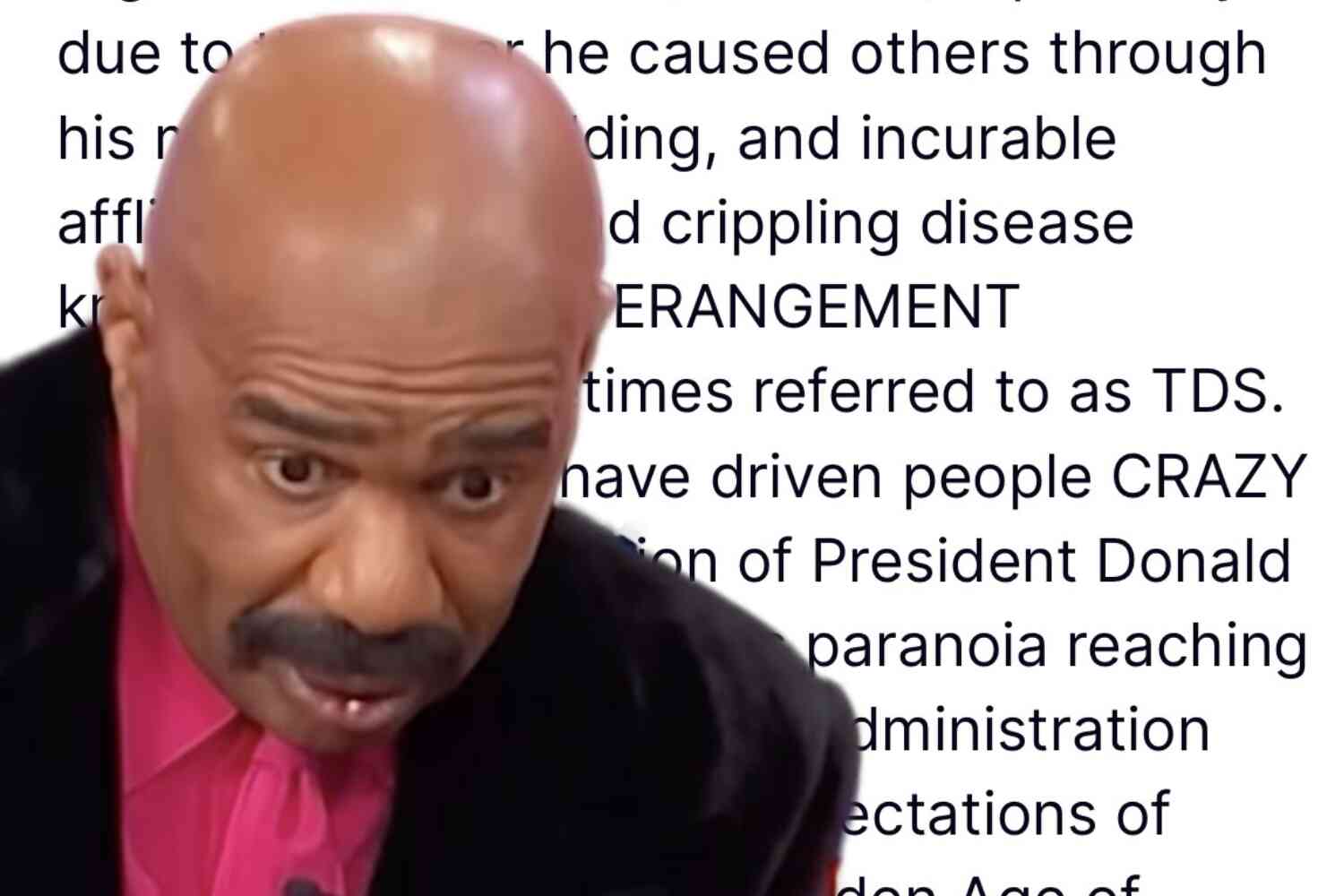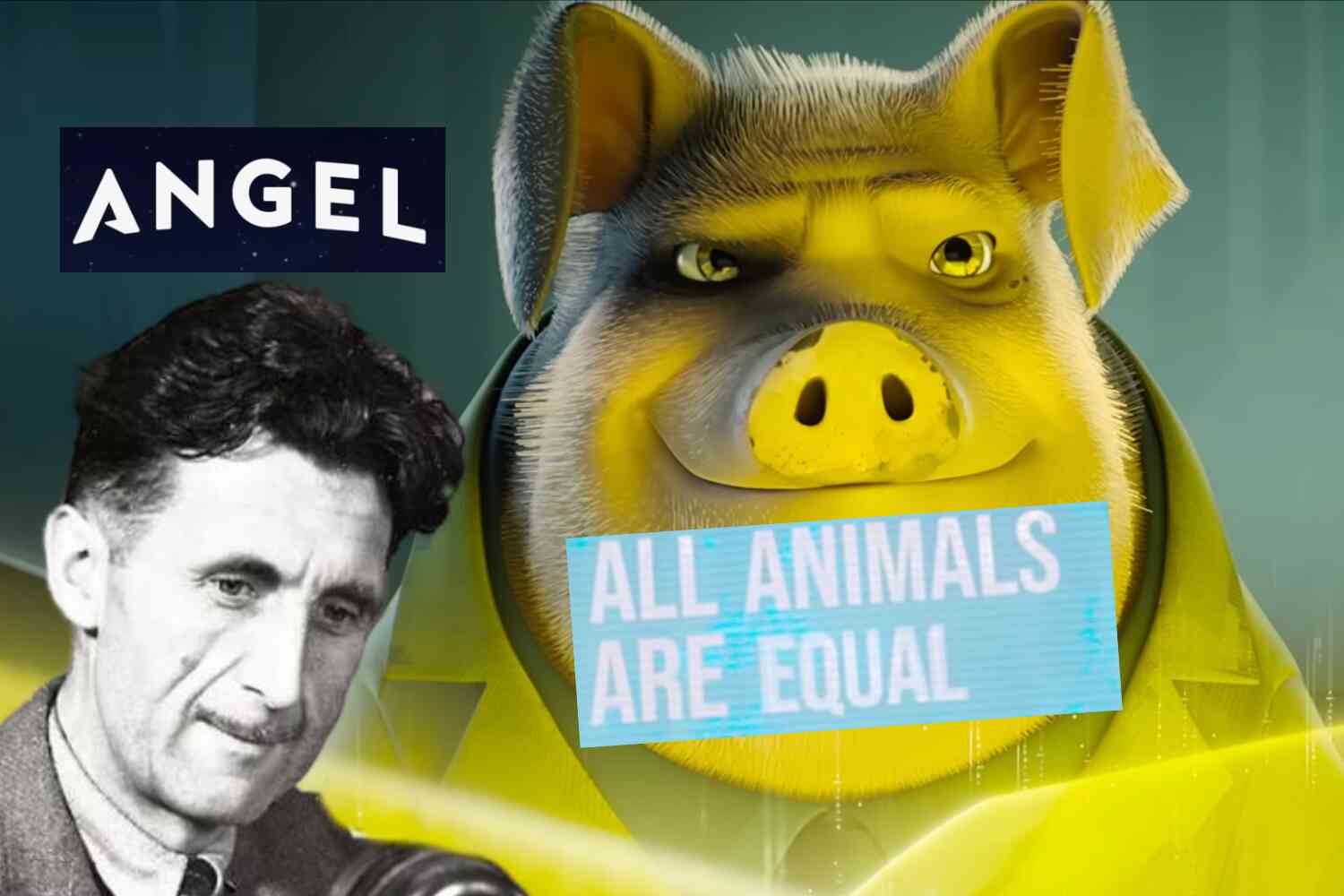"Noble lies" are lies as told by our nobility.
I'm pretty sure that's how they view the relationship.

"The Noble Lies of Covid-19" is a largely sober, thoughtful, article on the efficacy of the "noble lie" in public discourse from, of all places, Slate. More specifically, from a partnership called "Future Tense" sponsored by "Slate, New America, and Arizona State University that examines emerging technologies, public policy, and society."
Do we want public health officials to report facts and uncertainties transparently? Or do we want them to shape information to influence the public to take specific actions?
Um, number 1?
I find it telling that they have to ask this question. Unfortunately, given the reality of the day, it's a perfectly reasonable question, and I appreciate the forensic and academic manner in which they undertake answering it.
However...
Their clinical approach lends a bloodless tone to the piece.
For me, it's like carefully going through the pros and cons of being staked to an an ant hill in the hot dessert sun. Sure, you will die a prolonged and gruesome death, but on the other hand, great tan!
The "noble lie" is still a lie as well as infuriating, pompous, and deeply condescending, not to mention counterproductive.
When experts or agencies deliver information to the public that they consider possibly or definitively false to further a larger, often well-meaning agenda, they are telling what is called a noble lie.
And the liars themselves get to determine the nobility of their lies absent any input from the people being lied to.

Although the teller's intentions may be pure—
Again, "pure" as determined in the sole judgment of the liars.
...for example, a feeling of urgency that behavioral change is needed among the lay public...
There's nothing chilling about that at all so stop thinking that right now.

...the consequences can undermine not only those intentions but also public trust in experts and science.
See March 2020 to Present.
During the first year of COVID-19, leaders were faced with an unknown disease amid a politically sensitive election in the era of social media, and the preconditions for noble lies became especially fertile. Not surprisingly, we witnessed several examples. More than anything, these examples illustrate the destructive potential of such lies.
The preconditions became fertile for more than just noble lies, but for power grabs. I'll get to that later.
But first, let's begin with Exhibit 1.
Anthony Fauci and the big mask flip-flop. As familiar as I was with this, the authors' breakdown reveals Fauci to be much worse than just a liar.
In March 2020, as the pandemic began, Anthony Fauci, the chief medical adviser to the president of the United States, explained in a 60 Minutes interview that he felt community use of masks was unnecessary.
We all remember that, and this that followed shortly thereafter.
A few months later, he argued that his statements were not meant to imply that he felt the data to justify the use of cloth masks was insufficient. Rather, he said, had he endorsed mask wearing (of any kind), mass panic would ensue and lead to a surgical and N95 mask shortage among health care workers, who needed the masks more.
The "noble lie."
But was it?
Yet, emails from a Freedom of Information Act request revealed that Fauci privately gave the same advice—against mask use—suggesting it was not merely his outward stance to the broader public.
The researchers explored the excuses made for the contradiction. They don't hold up.
Although some have claimed that the evidence changed substantively in the early weeks of March, our assessment of the literature does not concur. We believe the evidence at the time of Fauci's 60 Minutes interview was largely similar to that in April 2020.
Anyone paying attention knew this, and the authors do a good job going through the details, concluding this:
One thing is beyond a doubt, however: One of those two statements did not accurately reflect the evidence as Fauci saw it. Such high-profile mixed messages in a short time frame, without substantive new data to justify the change, generated confusion and a backlash from politicians, other experts, and the general public.
True, the noble lie backfired as lies eventually do. But there's more to consider here, something that gets deep into Fauci's character or lack thereof.
If, as it seems apparent, he did not purposefully lie in March when he said "community use" of masks was ineffective in order to preserve supplies of protective gear for healthcare workers, that means he lied when he said he lied.
He literally lied about telling a lie?
Having changed his guidance (wear masks, the more the better!) for whatever reason (another lie?), did he decide he'd rather be thought a liar than wrong?
That is, it is better to admit to telling a "noble lie" than appearing to have fallen short of infallibility?
What kind of a person does that? What kind of a person makes that calculus? Remember, titanic egos are built upon mountains of insecurity. Only a person who fears that he is a fraud will go to such lengths to avoid being exposed as one.
Exhibit 2: The ever-moving herd immunity target.
Later in 2020, Fauci participated in a second noble lie. In December, he explained in a phone interview with then–New York Times reporter Donald McNeil that he had been moving the target estimate for herd immunity based in part on emerging studies.

Which studies?
No studies. There were no studies. There was no science. It was pure, what's the word I'm looking for? Oh yes, "theater."

But he also said:
When polls said only about half of all Americans would take a vaccine, I was saying herd immunity would take 70 to 75 percent. Then, when newer surveys said 60 percent or more would take it, I thought, "I can nudge this up a bit," so I went to 80, 85.

To review, an unelected bureaucrat who wields "science" and his own sense of moral authority like a weapon to beat down dissenters is a manipulative, bald-faced liar who chose to use deceit to trick citizens into injecting a drug they don't want.

The consequences are serious.
As the authors say, believing this:
...subverts the very idea of a democracy and implies that those who set the rules or shape the media narrative are justified in depriving the public of information that they may consider or value differently.
Exhibit 3 is more of a group effort.

Key opinion leaders, agencies, and the Centers for Disease Control and Prevention all articulated some version of "once you are vaccinated, nothing changes," implying that experts did not know if it was safe to relax precautions and restrictions, such as mask wearing or social distancing, after immunization.
There was an outcry among outside experts pointing out that the trials had demonstrated the high levels of efficacy of the vaccines.
Ultimately, the "no change" message, which may have been intended to discourage mass gatherings or out of a fear that unvaccinated people would lie about their vaccination status, may itself have been harmful: Surveys find that interest in vaccination increases if people are told that it means they can stop masking.
The authors don't dwell on this much partly because they appear flummoxed as to the purpose of the original "nothing changes" narrative.
I have a hypothesis on this given the return of "nothing changes." It's about power. The lies permit the authorities to keep and exercise power.
So they keep on lying.
Exhibit 4.
The fourth noble lie from government agencies and/or officials occurred more recently. On June 4, using data from February to March, the agency made the case that hospitalizations were rising in adolescents. It tweeted, "The report shows the importance of #COVID19 vaccination for adolescents." That tweet spurred a great deal of media attention and concern. It was true that hospitalization rates had risen. However, at the time of the press coverage, hospitalization rates in this age group had already fallen again.
They had up-to-date information. They chose not to use it as it was inconvenient to their narrative. They wanted to tell a story, not discuss the science.
It got worse a week later.
During the course of the meeting, representatives of the CDC showed a model that claimed that vaccination of young adults was preferable to the disease itself.
There was only one problem. The model was nonsense.
There were, however, several concerns with this model. First, it used rates of community SARS-CoV-2 spread that again were out of date. By the time of the meeting, the rates were lower, meaning the benefits of vaccination would be reduced, but the harms remain the same. Second, it did not consider the risks separately for boys and girls, who appear to have substantially different risk of myocarditis (much higher in boys). Third, it did not consider any middle ground positions, such as only receiving one dose of the vaccine, which provides much of the benefit with far lower myocarditis risk. Instead, the CDC presented zero or two doses as the only options. Fourth, the modeling did not consider natural immunity—i.e., the vaccine's risk to kids who already recovered from COVID-19 might be the same, but the benefits far lower (as these children have some natural immunity). Finally, the model did not consider the fact that young adults with preexisting medical conditions and those who are otherwise well might have different risk benefit profiles, as the former account for a disproportionate number of COVID-19 hospitalizations.

The authors admit they are sympathetic to the vaccination push, however ultimately conclude that:
Noble lies are a trap. We cannot predict the public's behavior, and loss of trust is devastating. The general population is far too skeptical to blindly follow the advice of experts, and far too intelligent to be easily duped.
Well, half the population, anyway.
The authors don't address it, but there's also the matter of corporate media, tech giants, and large multi-nationals being 100% aboard the power train, and if lies are its fuel, they are all too happy to provide whatever is necessary to keep it careening forward.

Time and again, these bureaucrats, these agencies, and these political leaders have lied. They've then lied about their lies, or tried to convince you that they didn't lie, and if they did it was for your own good. They hide behind their titles, they build bulwarks out of their credentials, and they use science as a cudgel to bludgeon you into silence.
And worst of all, most pernicious of all, most frightening of all, they really do think they are the good guys.
"Of all tyrannies, a tyranny sincerely exercised for the good of its victims may be the most oppressive. It would be better to live under robber barons than under omnipotent moral busybodies. The robber baron's cruelty may sometimes sleep, his cupidity may at some point be satiated; but those who torment us for our own good will torment us without end for they do so with the approval of their own conscience."









